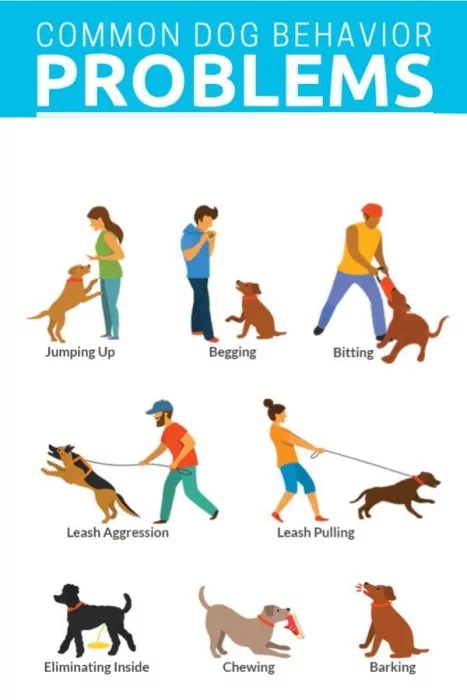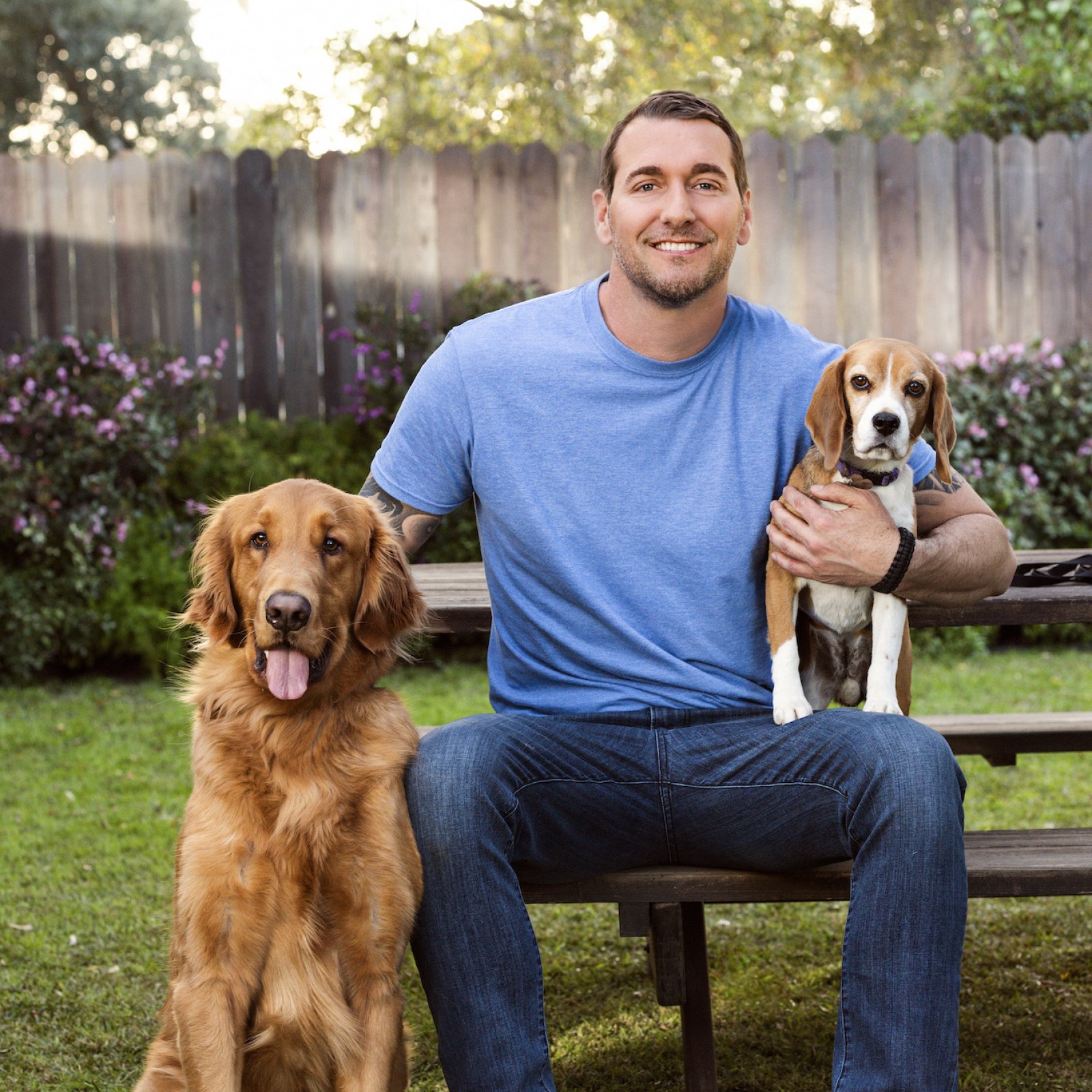Crucial Pet Educating Tips for a Mannerly and Positive Animal
Efficient canine training is an essential aspect of fostering a confident and mannerly animal. Developing a constant routine, utilizing positive reinforcement techniques, and focusing on very early socialization are key aspects that add to a canine's total behavior and personality.
Establish a Constant Routine
Establishing a regular routine is critical for efficient pet training. A well-structured routine gives canines with a complacency and predictability, which can substantially enhance their discovering procedure. By setting particular times for training sessions, feeding, strolls, and play, you develop a framework within which your canine can prosper.

Additionally, a regular help in attending to behavioral issues. When a dog recognizes when and where to expect various tasks, it lowers stress and anxiety and promotes a tranquil personality. Regular workout and psychological stimulation should additionally be included in the routine, as they are crucial for a pet dog's well-being.
Usage Positive Reinforcement
Favorable reinforcement is an essential part of efficient dog training, cultivating a strong bond in between the fitness instructor and the dog while urging desired actions. This training technique involves satisfying your canine with deals with, appreciation, or playtime quickly after they do a wanted action, such as sitting or coming when called. The basic principle is that habits followed by favorable outcomes are likely to be duplicated.
Incentives need to be given quickly to assist your pet dog make the link in between the reward and the habits. If you award your pet dog for resting, guarantee you make use of the very same verbal cue each time.
Furthermore, vary the rewards to maintain your pet dog engaged. Ultimately, favorable support advertises a joyous training experience, resulting in a mannerly pet dog and a stronger relationship in between the family pet and owner.

Socialize Your Pet Dog Early
A canine's capacity to adapt to different environments and scenarios frequently rests on early socializing. This vital developing phase commonly happens in between three and fourteen weeks of age, throughout which young puppies are specifically receptive to new experiences. By revealing your pet to varied people, pet dogs, sounds, and atmospheres throughout this time, you can assist cultivate a well-adjusted and positive adult.
Socializing aids prevent behavioral problems such as concern, aggressiveness, and excessive barking. When a dog is accustomed to different stimuli, it is less likely to react negatively out of concern or unpredictability. Involving with various other pets in regulated setups, such as pup courses or playdates, can additionally teach vital communication skills and appropriate play behavior.
Furthermore, presenting your pet to different environments-- like parks, busy roads, and pet-friendly stores-- can enhance its convenience and versatility in new scenarios. Constantly guarantee that these encounters are pleasurable and safe, and check your canine's responses to assist further communications.
Instruct Basic Commands
Structure on the foundation of very early socialization, training fundamental commands is a crucial aspect of pet training that improves communication in between you and your pet. Standard commands such as "sit," "remain," "come," and "down" not only advertise good habits but likewise ensure your pet dog's safety in different situations.
To successfully teach these commands, start in a quiet atmosphere without diversions. Usage positive support strategies, such as treats or appreciation, to reward your canine quickly after they carry out the wanted behavior. Uniformity is vital; repeat commands in a clear, firm voice and practice on a regular basis to reinforce learning.
Start with basic commands, pop over to this site gradually enhancing intricacy as your dog becomes a lot more competent. Once your canine dependably rests, you can present the "keep" command. Be patient and allow your canine time to react and recognize. Short, constant training sessions are extra effective than long, tiring ones.
Address Behavioral Issues Without Delay
Resolving behavior concerns without delay is crucial for keeping an unified connection with your canine. Delaying intervention can lead to the support of unwanted habits, making them a lot more difficult to correct over time. Whether your dog shows aggressiveness, extreme barking, or separation anxiety, it is crucial to recognize the origin of these behaviors and resolve them quickly.
First, observe the context in which the habits occurs. Understanding triggers will certainly enable you to establish an efficient training strategy. Consistency is essential; make certain that all relative reply dog wont stop barking in crate to the habits uniformly to stay clear of puzzling your dog. Use positive support techniques, compensating your pet dog for desired actions while redirecting undesirable ones.
In some instances, expert aid may be needed. A certified pet dog instructor or behaviorist can offer customized strategies to attend to specific problems. Keep in mind that patience and determination are crucial, as therapy usually requires time.
Eventually, by resolving behavioral issues immediately, you cultivate a positive environment that motivates your pet dog to grow. This proactive method not just boosts your pet's actions but likewise enhances the dog jumping up and biting bond in between you and your pet dog.
Conclusion
Finally, executing a constant routine, utilizing favorable support, and focusing on very early socializing are basic in developing a well-behaved and confident canine (dog training charlotte nc). Educating standard commands via concentrated sessions cultivates reliable interaction in between proprietor and family pet, while without delay resolving behavior concerns stops the acceleration of issues. Together, these techniques create a harmonious environment that boosts the bond in between pet dogs and their owners, ultimately leading to a better, much healthier canine buddy
Establishing a consistent regimen, using favorable reinforcement techniques, and focusing on very early socialization are key components that add to a canine's overall habits and temperament.Favorable support is a necessary element of effective pet training, cultivating a strong bond between the instructor and the pet dog while encouraging wanted habits. Rewards should be provided quickly to help your pet make the connection in between the habits and the reward. Usage positive support techniques, such as deals with or praise, to compensate your canine right away after they do the preferred habits. Use positive support strategies, awarding your pet for preferred behaviors while rerouting undesirable ones.